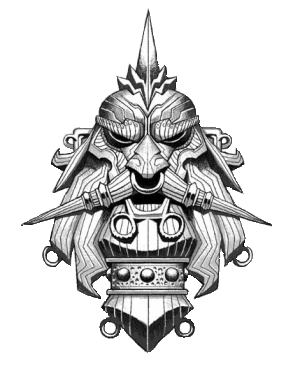|
COI:
is an acronym for "Coefficient of
Inbreeding".It is a mathematically
computed percentage that describes
the degree to which two animals are
inbred, meaning that one or more
ancestors appear more than once in
the pedigree. The theory is that a
higher degree of inbreeding results
in expression of undesirable
recessive gene defects in the
offspring. Some people believe that
0% inbreeding, or at least a very
low number, is preferable. Sometimes
in the literature, you may see COI
abbreviated as IC.
ALC:
A related coefficient
percentage is known as the Ancestor
Loss Coefficient (ALC).
It describes the degree to which
recessive traits from ancestor
generations are lost. Another way to
think of it is as how many unique
ancestors an animal has. If there
are no duplicate ancestors, then no
unique ancestors are "lost",
and the ALC = 0%. When there are
duplicate ancestors, more and more
unique ancestors are "lost",
and the ALC percentage goes up. A
lower number is preferable.
Sometimes in the literature, you may
see ALC abbreviated as AVK, which
stands for the German word
AhnenVerlustKoeffizient. |
